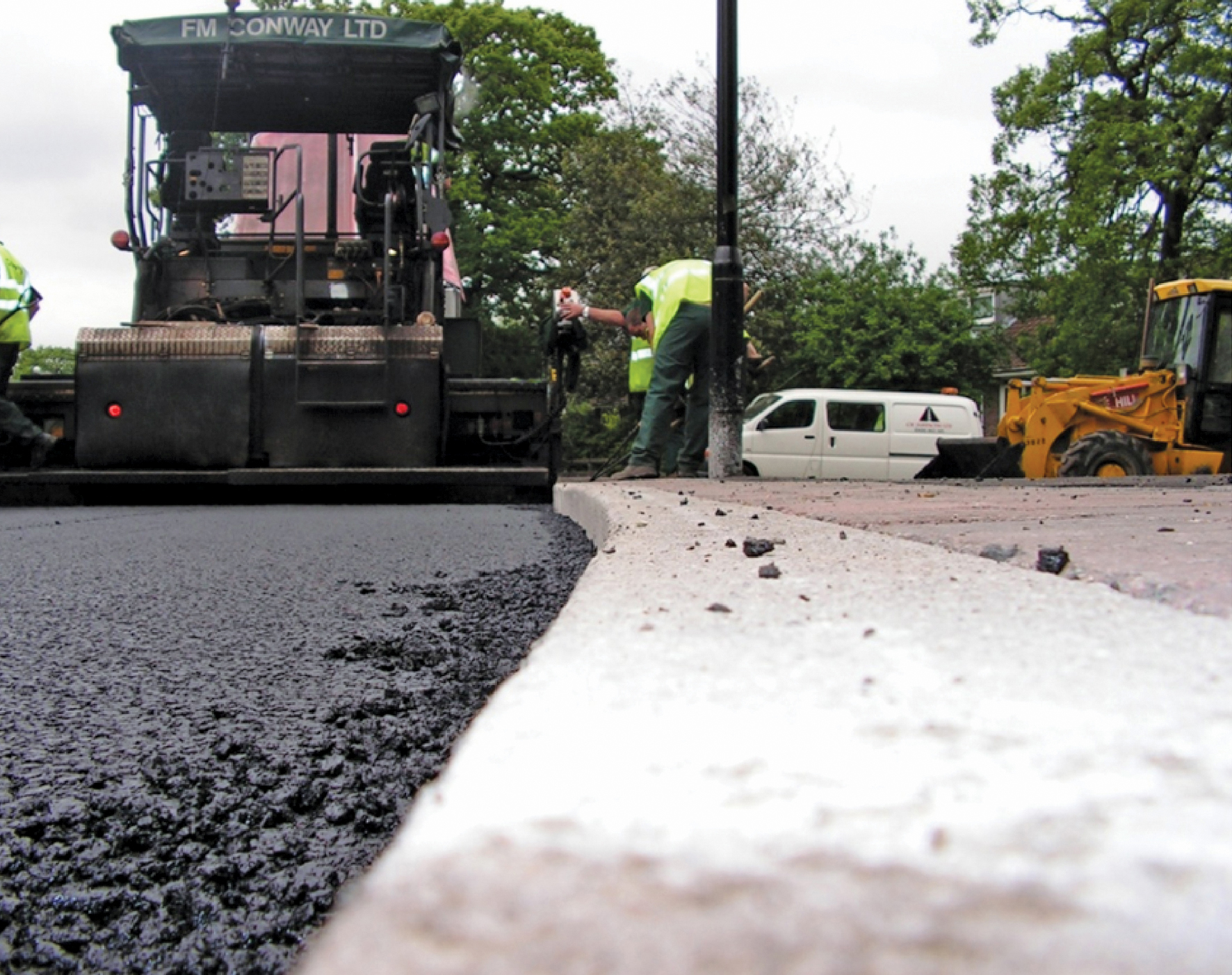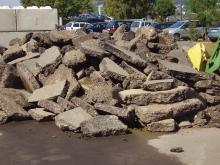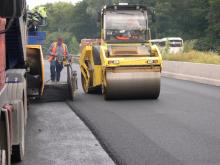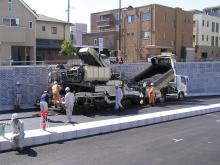New developments will broaden the asphalt paving market - Mike Woof reports. A new approach to materials could help address rising bitumen costs. Increased use of recycled asphalt pavement (RAP) in road construction can cut a major chunk from paving costs, with an array of technologies now available. In the US, RAP is one of the most widely recycled materials and current techniques allow roads built with this material to perform well for all traffic conditions. Some European countries are also making widesp

FM Conway has been a pioneer in the production and use of RAP for paving in the UK
New developments will broaden the asphalt paving market - Mike Woof reports
A new approach to materials could help address rising bitumen costs. Increased use of recycled asphalt pavement (RAP) in road construction can cut a major chunk from paving costs, with an array of technologies now available. In the US, RAP is one of the most widely recycled materials and current techniques allow roads built with this material to perform well for all traffic conditions. Some European countries are also making widespread use of RAP, although others have yet to see the benefits.But another alternative option is now being made more widely available, with lignite producers increasing their market presence. A subsidiary of German producer
Meanwhile in the UK,
An alternative option to bitumen-based materials, cement-bound pavements consist of a hydraulic-bound mixture used as the base layer, predominantly a cement-bound granular material, which is then surfaced with conventional asphalt.
Cement-bound roads can be designed to give equivalent service life performance to both conventional asphalt and rigid concrete pavements. Removing the need to use high volumes of bitumen can also deliver significant financial savings.
Tarmac Pavement Solutions is also supplying Tarmac’s proven FoamMaster system, a road surfacing process which uses road arisings in cold-mix production to create an energy-efficient alternative to traditional hot asphalt. Another material offered is TarmacDry, a porous asphalt system which manages surface water by allowing it to pass through its structure into a granular reservoir layer.
According to Tarmac, bitumen accounts for a substantial portion of the cost of building a new road. This price volatility means that construction should look to cement-bound materials and recycled asphalt to reduce reliance on bitumen.
In addition, the Mastic Asphalt Council (MAC) has unveiled its novel low-melt mastic asphalt that cuts working temperatures by up to 13% and offers significant energy savings. A key feature is the use of an advanced binder, the result of extensive research in Germany and the UK. It is designed to increase the workability of the mastic asphalt at lower temperatures, with no loss in performance or durability. By lowering working temperatures by up to 35°C, the new low-melt solution requires significantly less energy to apply. The material is suited to use in applications where waterproofing is required, including bridge decks and car park surfaces.










